

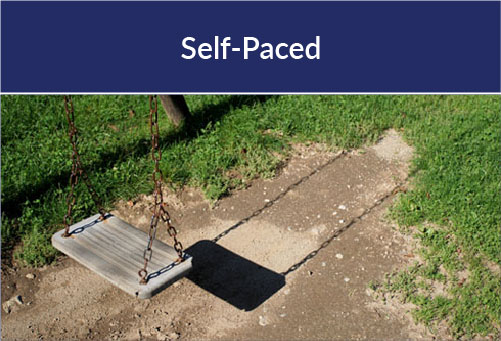
Gather information on the structure and interdependent functions/roles of a CART program. Learn about protocol development and management, development and use of Memoranda of Understanding, CART composition, training including tabletop exercises and field scenarios, and CART certification standards. Examine a case study which integrates all topics covered for effective CART leadership.

Gain an overview of the Investigative Officer Checklist resource, which can be found in the Resources tab on this webpage. The course will guide you through a case-scenario review of important checklist elements and considerations for effective use. You will be provided with information to support accurate and effective response to reports of endangered missing or abducted children, and effective transition from patrol first response to ongoing investigation of the case.
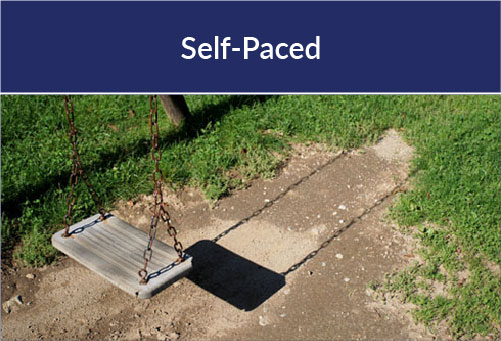
Consider the scope and scale of the problem of missing and abducted children including CART structure, function and command considerations, investigative considerations, canvass operations, search operations, volunteer management, digital forensics, logistics, recovery, and reunification. Examine a case study in which all concepts taught are integrated and considered for an effective overall response.
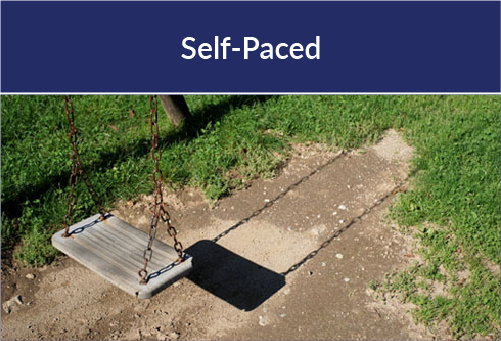
This first course in the Missing Child Investigations in Indian Country (MCI-IC) online training series introduces the series, and is specifically designed to support understanding of the six key challenges law enforcement officers and supporting agencies working in or with Indian Country communities often face when a child goes missing, including: Not having a clearly defined starting point for the investigation, proper identification and utilization of resources, increasing risk with the passage of time, the emotionally charged nature of the case, addressing and managing the media, and jurisdictional, geographic and cultural dynamics of investigative work in Indian Country.

The tenth course in the Missing Child Investigations in Indian Country (MCI-IC) online training series is designed to help law enforcement understand and apply proper methods and techniques in preforming general area searches, forensic searches, and roadblock canvasses in missing child investigations in Indian Country. The general area search, a physical search for the child, and the forensic search, a formal collection of physical evidence, are core investigative processes in missing child investigations, especially in child abduction cases. The roadblock canvass is frequently conducted in conjunction with the general area search. This course will focus on the procedures and coordination of each of these investigative processes.
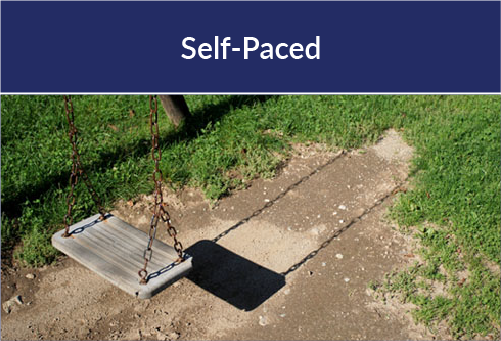
The second course in the Missing Child Investigations in Indian Country (MCI-IC) online training series is designed to help law enforcement officers perform an initial assessment in a missing child investigation in Indian Country. An understanding of the victim risk assessment and missing child categories is crucial in missing child investigations. This course will review various missing child categories and identify factors that aid in the formulation of the initial assessment, a process of elimination based on the specific incident fact pattern as it relates to the missing child categories. This assessment process creates the foundation for the formulation of a strategy in the missing child investigation.
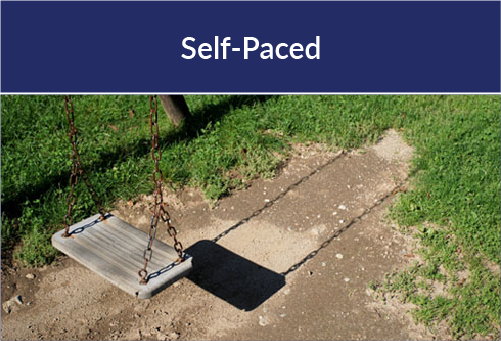
The third course in the Missing Child Investigations in Indian Country (MCI-IC) online training series is designed to help law enforcement officers perform nonfamily and stereotypical abduction assessments in a missing child investigation in Indian Country. The course will present the behavioral tools to assess whether the reported abduction is a nonfamily abduction, stereotypical abduction or possibly, a false allegation of child abduction. The behavioral aspects used in this assessment process will primarily focus on the victim’s age and location of disappearance as these relate to the offender’s behavior and motivation. Understanding the common characteristics, motivations, and behaviors of offenders who abduct children can play a significant role in the successful investigation of missing or abducted children.
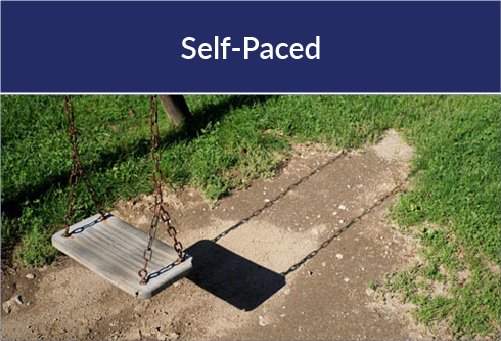
The fourth course in the Missing Child Investigations in Indian Country (MCI-IC) online training series is designed to help law enforcement understand and apply processes in the first of four distinct phases in a missing child investigation in Indian Country. Phase 1 details the required actions of officers and supervisors who are first to arrive on scene.
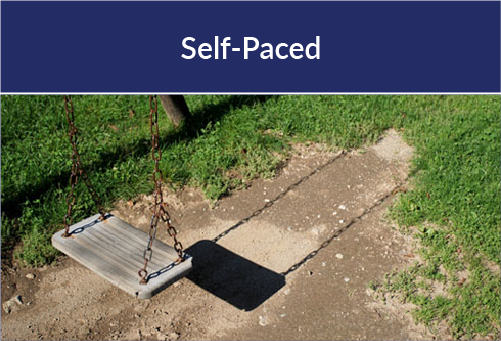
The fifth course in the Missing Child Investigations in Indian Country (MCI-IC) online training series is designed to help law enforcement understand and apply processes in the second of four distinct phases in a missing child investigation in Indian Country. Phase 2 details actions in the rapid escalation of resources and investigative activities required to simultaneously address multiple avenues of investigation in a timely manner once the basic facts regarding the child’s disappearance have been obtained, and the information confirms the child has been abducted or is in danger.
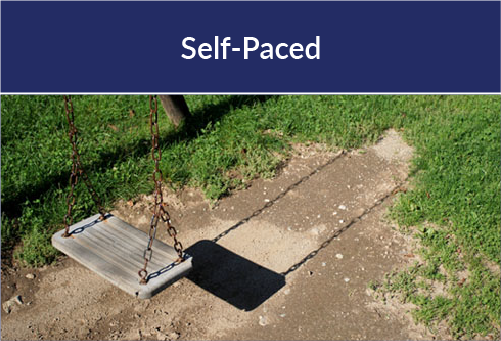
The sixth course in the Missing Child Investigations in Indian Country (MCI-IC) online training series is designed to help law enforcement understand and apply processes in the third of four distinct phases in a missing child investigation in Indian Country. Phase 3 addresses the expanding investigation, and details how investigative efficiency and effectiveness can be achieved through the organization of resources and processes, therefore increasing the probability of a successful case resolution.
